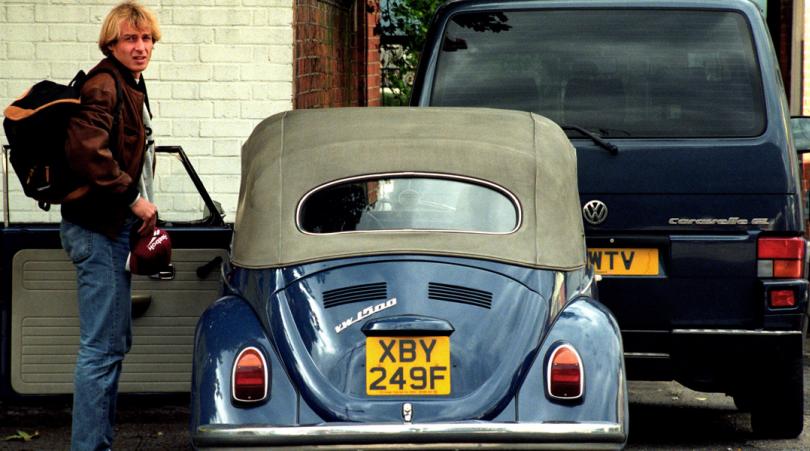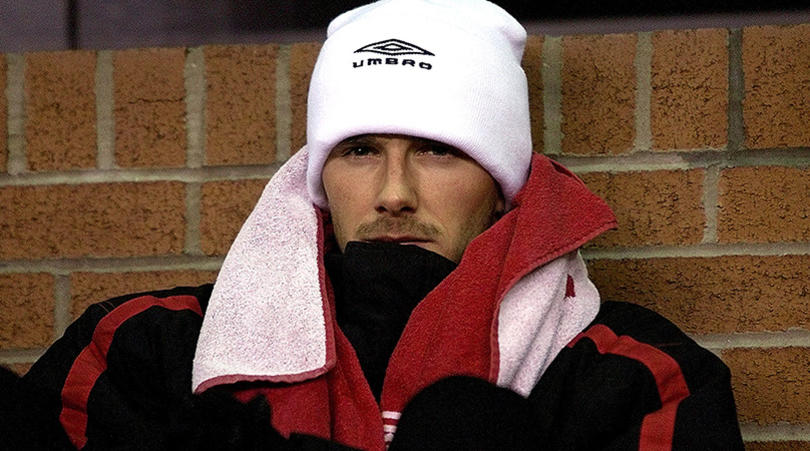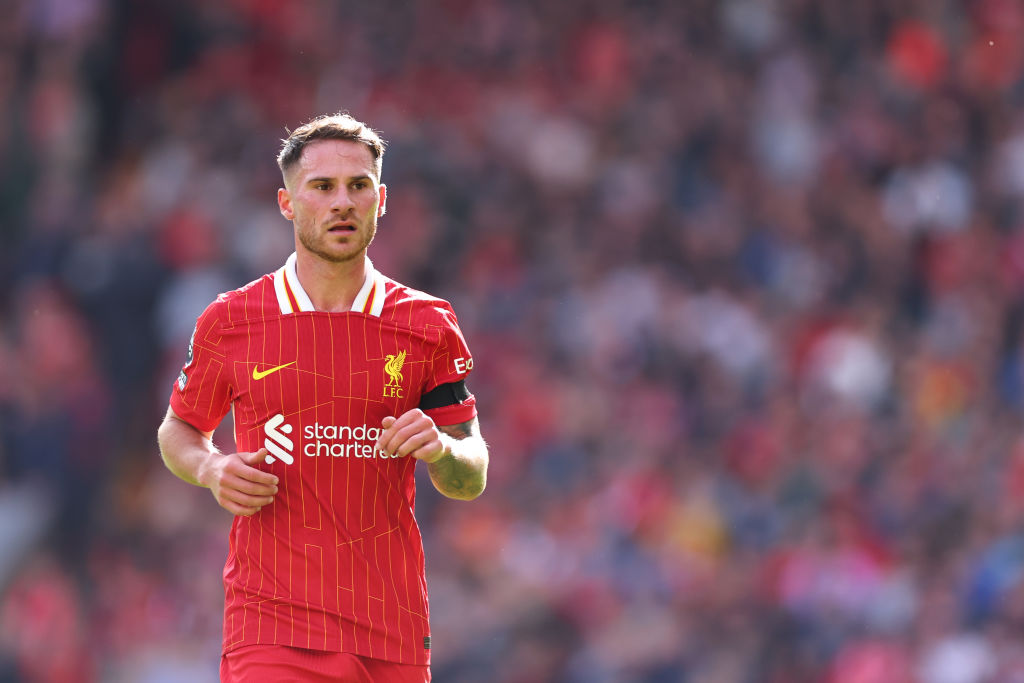8 ageing footballers who arrived late to light up the Premier League
As 34-year-old Dani Alves prepares to join Manchester City, Alex Hess recalls the international stars who turned up late to the Premier League party – and then showed their class
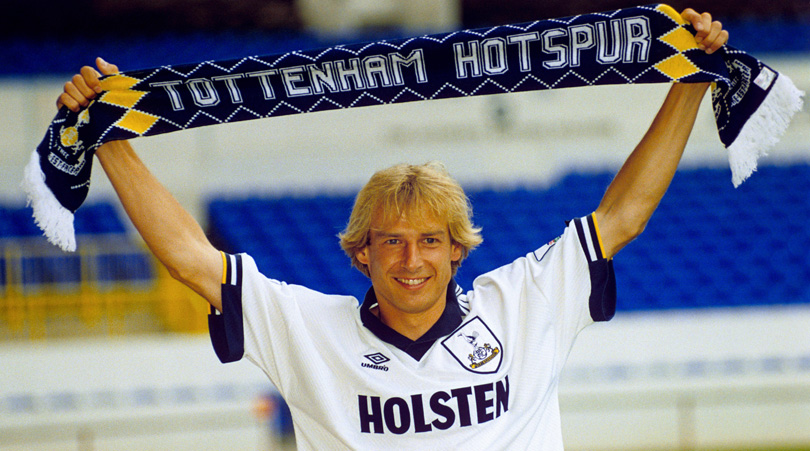
1. Ruud Gullit (Chelsea)
Part of the first wave of foreign stars to the newly moneyed Premier League, Gullit swanned over to Stamford Bridge in 1995 having won a clean sweep of trophies at club level with Feyenoord, PSV and Milan, not to mention played his fair share of swaggering totalvoetbal with the Dutch national team too.
Glenn Hoddle, who likely saw the blithely refined Gullit as something of an avatar for himself, played the Dutchman as a free-roaming sweeper at Chelsea, a move almost designed to accentuate both men’s continental sophistication.
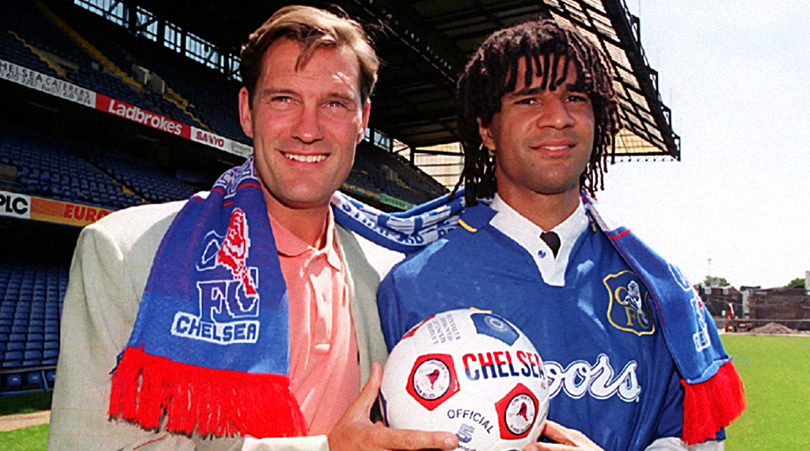
Gullit – who turned 33 in the September of his debut season – certainly added plenty of that to a squad containing Jody Morris and Gavin Peacock. He was beaten only by Eric Cantona for the footballer of the year award in 1995/96, before taking to the dugout himself that summer and promptly bringing home an FA Cup.
2. Jurgen Klinsmann (Tottenham)
As far as heroic cameo seasons go, few can better Klinsmann’s time at Tottenham (not least because he went on to repeat the trick). His first arrival came in 1994, when he was snapped up by a pre-showbiz Alan Sugar and welcomed to Britain by a hostile press whose aversion to his theatrics was aggravated by a thinly veiled xenophobia, and Klinsmann’s involvement in England’s nearly-but-not-quite World Cup campaign of 1990.
Which is to say that everything was in place for Klinsmann to play out the role of dead-eyed hate figure. Instead, the 30-year-old striker confounded everyone by proving himself a fun-loving goofball, getting the ball rolling on his debut with that diving goal celebration, a cheerily iconic moment which quickly went down in the annals of Premier League history.
So did the man himself, as Klinsmann’s 30 goals in his season-long stop-off saw him voted the football writers’ player of the year. He left for two years, but returned for a six-month stint in 1997/98, where the 33-year-old scored nine goals in 15 games (and four in one, against Wimbledon), to effectively rescue Spurs from relegation.
3. Zlatan Ibrahimovic (Manchester United)
With his extraordinary talent now well and truly beyond doubt in this country, England’s scepticism of Ibrahimovic is now told as a self-deprecating story: the parochial islanders dumbly refusing to respect a player whose achievements had come elsewhere.
Get FourFourTwo Newsletter
The best features, fun and footballing quizzes, straight to your inbox every week.
The 35-year-old produced a season that almost defied logic in terms of input and output
In fact, English viewers had good reason to doubt Ibrahimovic. With the exception of a brace against Arsenal, his encounters against English sides in the Champions League had given the impression of a slow, cumbersome and wasteful centre-forward – a judgment vindicated by his involvement in Pep Guardiola’s epoch-defining Barcelona side, which effectively amounted to rejection and failure.
The last 12 months have put paid to all that, of course. Not only has the 35-year-old produced a season that almost defied logic in terms of input (only Paul Pogba had clocked up more outfield minutes than him at the time of his season-ending injury) and output (28 goals across all competitions), but he did it all playing for a team who, quite frankly, weren’t all that good. Bravo all round.
4. Youri Djorkaeff (Bolton)
Just before Djorkaeff was winning the World Cup in France in 1998, Michael Ricketts had been trundling around up front for a Walsall, scoring one goal in 24 outings for a side that finished 19th in the brutalist confines of English football’s third tier.
The 34-year-old joined a newly promoted Wanderers side halfway through the 2001/02 campaign and injected guile and finesse
Three-and-a-half seasons later, the pair were playing up front together for Sam Allardyce’s magnificently patchwork Bolton side, the Frenchman trailblazing the mini-tradition of worldly foreign superstars who would preface a hard-earned retirement with a year or two spent alongside Kevin Nolan & Co. at the Reebok Stadium.
Djorkaeff contributed more than most, though. The 34-year-old joined a newly promoted Wanderers side halfway through the 2001/02 campaign and injected the guile and finesse that, allied with the bludgeoning straightforwardness of a free-scoring Ricketts, ultimately kept Bolton in the Premier League. Two more years in the north-west helped steer Bolton into what hindsight has firmly established as a golden age for the club.
5. Edwin van der Sar (Fulham/Manchester United)
Alex Ferguson expended a lot of time, effort and dignity in his search to replace the bellowing, larger-than-life brilliance of Peter Schmeichel. Mark Bosnich, Raimond van der Gouw and Massimo Taibi were among the replacements who failed spectacularly to fill the starfish-shaped gap in the Old Trafford goalmouth.
A decade-long veteran of the elite end of European football with Ajax and Juventus, Van der Sar had been lured to Fulham in a surprise £7m move
In the end, it was an understated and softly spoken Dutchman who would prove a worthy successor – and arguably even an upgrade.
A decade-long veteran of the elite end of European football with Ajax and Juventus, Van der Sar had been lured to Fulham in a surprise £7m move. He was far from ancient at 30 years old, but having been replaced by a certain Gianluigi Buffon at Juve, his career path looked more winding down than on the up.
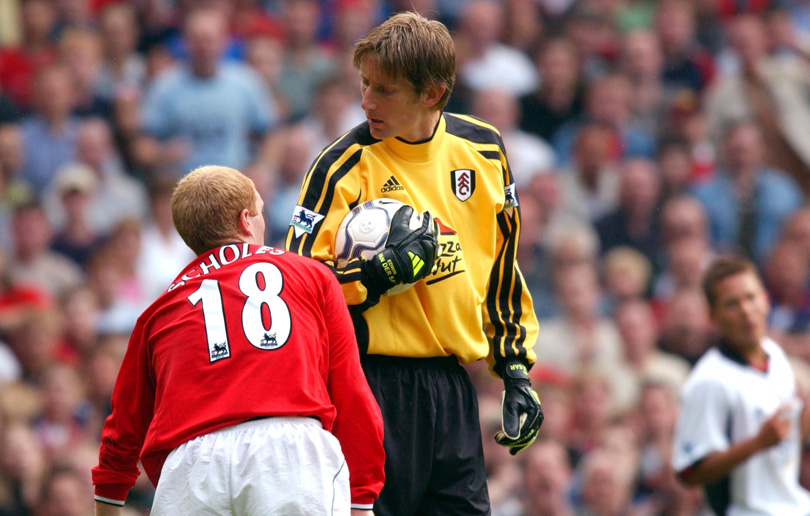
He spent four years flying largely under the radar at Craven Cottage before a big-hitter duly recognised him for what he was – a magnificently composed goalkeeper of unparalleled meticulousness – and duly pounced. He signed for Manchester United at age 34, and - six seasons, seven major trophies and one absurd run of 1,032 concession-free minutes later - his place in the pantheon was secure.
6. Ivan Campo (Bolton)
Another harbinger of that peak-era Bolton side was the arrival of a Spaniard whose gormless facade belied both an impeccable pedigree and resplendent playing style. Ivan Campo joined the Reebok ranks in 2002, in what seemed like a particularly grim loan move for a Real Madrid veteran of two Champions League triumphs.
In the event, he took to his surroundings like an Iberian duck to moorland water, and signed on permanently at the first chance he got.
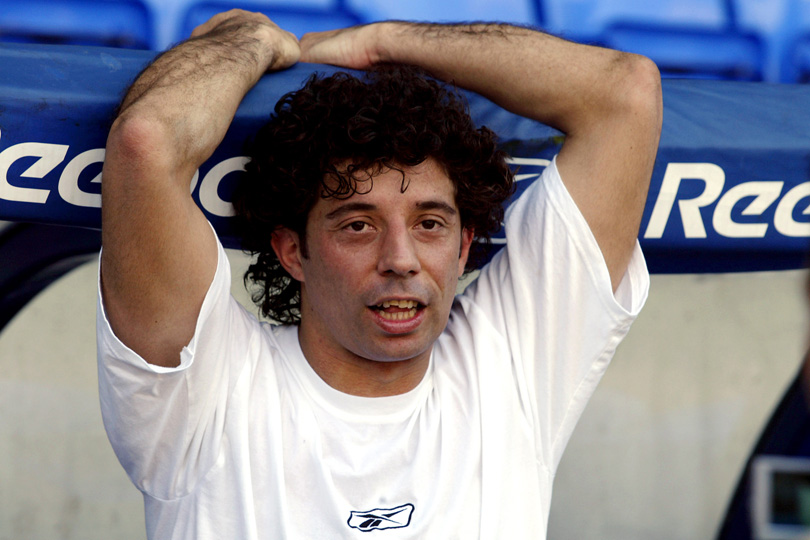
Tailor-made for an aspirational Premier League side, Campo allied technical finesse and an erudite reading of the game with a heady helping of unreconstructed aggression, totting up enough cards of both colours to keep any ‘fancy dan foreigner’ accusations well at bay.
Bolton’s 2004/05 vintage, when a team featuring Jay-Jay Okocha, Gary Speed and Campo’s old Madrid skipper Fernando Hierro clambered to a sixth-place finish, owed much to the pugnacious puppeteering of the bobble-haired, thirtysomething Spaniard.
7. Deco (Chelsea)
There’s a good argument to be had that Deco is one of the most underrated footballers of the modern age. Having proved he could play the role of midfield puppeteer in a team of defensive-minded belligerence (in Jose Mourinho’s Porto) and of crowd-pleasing splendour (in the Ronaldinho-led Barcelona side), Deco rocked up in the Premier League to play a central role in a Chelsea side that romped to a double win under Carlo Ancelotti.
Having been recruited as a creaking, injury-prone 32-year-old by Luiz Felipe Scolari – only to see his manager sacked midway through the season – conditions were hardly ideal for the playmaker to go on and thrive at Stamford Bridge.
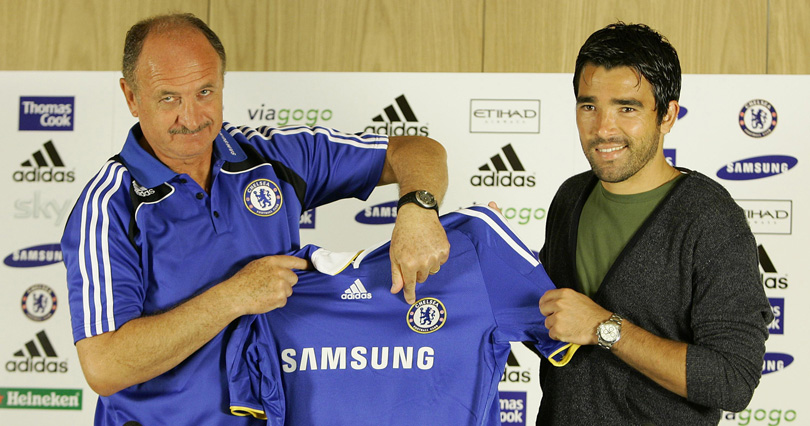
Yet he politely declined the option to jump ship and rejoin Mourinho at Inter, and was vindicated with a two-season Indian summer that brought three major trophies and a key role in the Abramovich-era Chelsea team that, at that stage at least, came closest to realising their owner’s vision of free-flowing, free-scoring trophy-hoarders.
8. Henrik Larsson (Manchester United)
If Van der Sar proved himself at United over time and with discretion, Larsson did the same with a 10-week, three-goal spell at Old Trafford which will go down as one of the canniest and crowd-pleasing loan moves of modern times.
With United’s strikeforce diminished by perennial injuries to Alan Smith and Louis Saha in January 2007, and the Swedish league (where Larsson was seeing out his latter days) in its off-season, Ferguson swooped for the old-timer on a short-term deal.
The 35-year-old promptly scored on his debut (to help United through a tricky FA Cup tie with Aston Villa), a fortnight later in a shellacking of Watford, and in his final appearance at Old Trafford with the winner in a Champions League last-16 tie against Lille.
Come mid-May, he was being awarded a Premier League winners’ medal, his contribution judged as worthy of special dispensation against the fact he hadn’t played the 10 games then required. Not bad for two months’ work.
- INTERVIEW Henrik Larsson, One-on-One: "The only regret of my career? Spending just two months at Man United"
